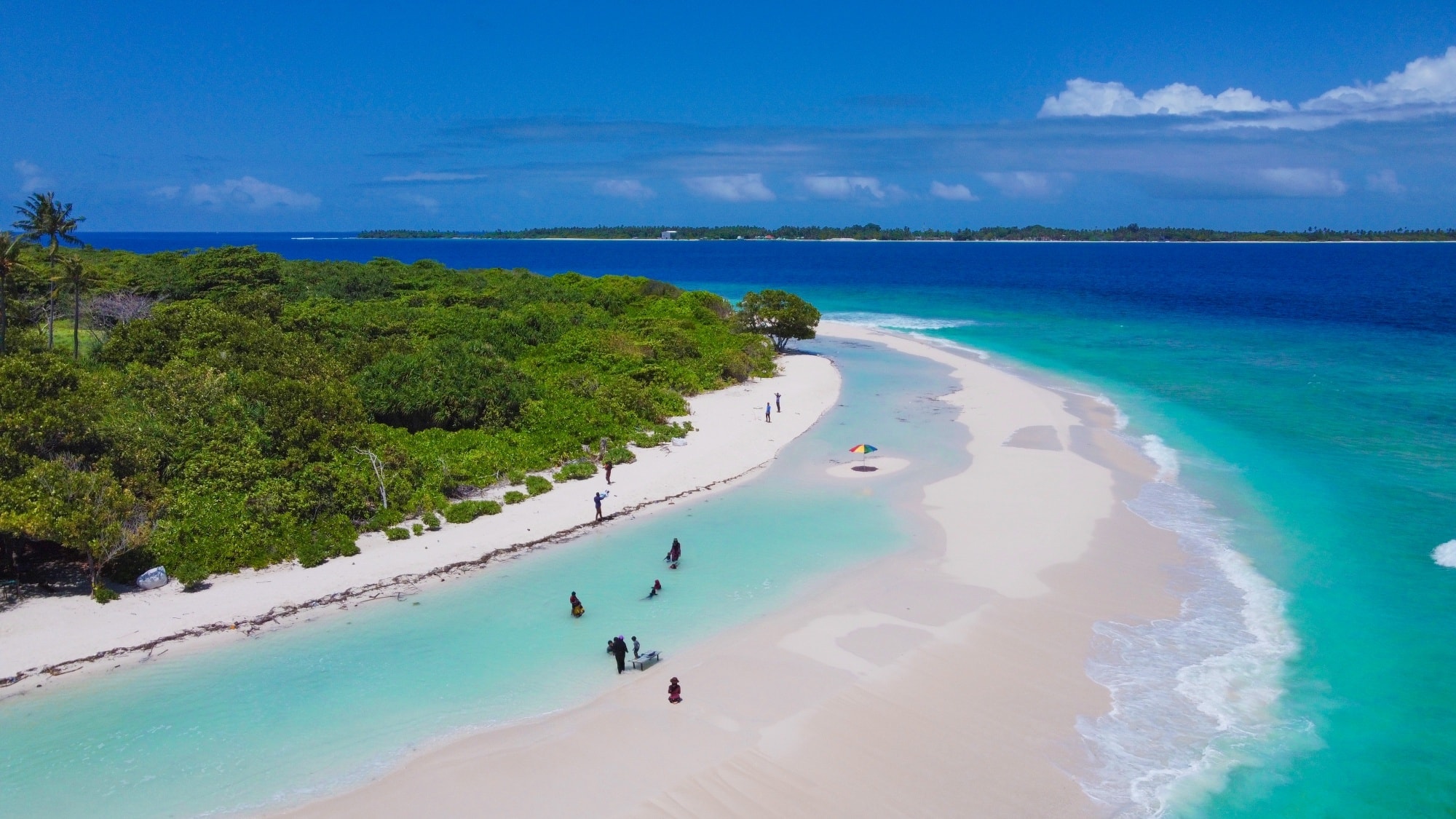Climate change is an issue that has gained increasing attention and concern over the years. This is because the effects of climate change are becoming more and more apparent, and it is having significant impacts on the environment, economies, and societies worldwide.
Among the regions that have been significantly affected by climate change is the Maldives, a small island nation in the Indian Ocean. The Maldives is known for its white sandy beaches, turquoise waters, and coral reefs that are home to a diverse range of marine life.
However, the country’s beauty is being threatened by the impact of climate change, which includes rising sea levels, coral bleaching, and extreme weather patterns. Rising sea levels pose significant threats to the Maldives as it is one of the lowest-lying countries globally, with the highest point being only 2.4 meters above sea level.
The impacts of sea level rise have already led to increased flooding, erosion of coastlines, and saltwater intrusion into freshwater sources. This puts the Maldives at risk of losing land and infrastructure, which could have severe implications for the country’s economy and people’s livelihoods. The Maldives’ economy is heavily dependent on tourism and fisheries.
However, climate change is threatening these industries. Coral reefs are essential for fish and other marine life, and the tourism industry depends heavily on the health of these reefs. However, coral bleaching caused by rising ocean temperatures has damaged the reefs.
The loss of these reefs would have severe consequences for local fishermen and the tourism industry, which accounts for a significant portion of the Maldives’ economy. Despite the challenges posed by climate change, the Maldives has taken steps to address the issue.
The country has pledged to become carbon neutral by 2030 and has invested in renewable energy sources such as solar and wind power. The government has also implemented measures to reduce waste and promote sustainable tourism.
These actions are critical in mitigating the impact of climate change. However, they are not enough to solve the problem entirely. The international community has a significant role to play in helping the Maldives combat the effects of climate change.
Developed countries, which are responsible for the majority of greenhouse gas emissions, must take action to reduce their carbon footprint and provide support for developing countries such as the Maldives.
The Paris Agreement, which aims to limit global warming to below 2 degrees Celsius, provides a framework for countries to work together to address climate change.
Climate change is a real and pressing issue that requires urgent action. The Maldives, as a small island nation, is particularly vulnerable to its effects. While the country has taken steps to address the issue, it cannot do it alone.
The international community must work together to reduce greenhouse gas emissions and provide support for countries that are most affected by climate change. Failure to act now will have dire consequences not only for the Maldives but for the entire planet.
The world must recognize the severity of the issue and take immediate action to mitigate the impact of climate change.





